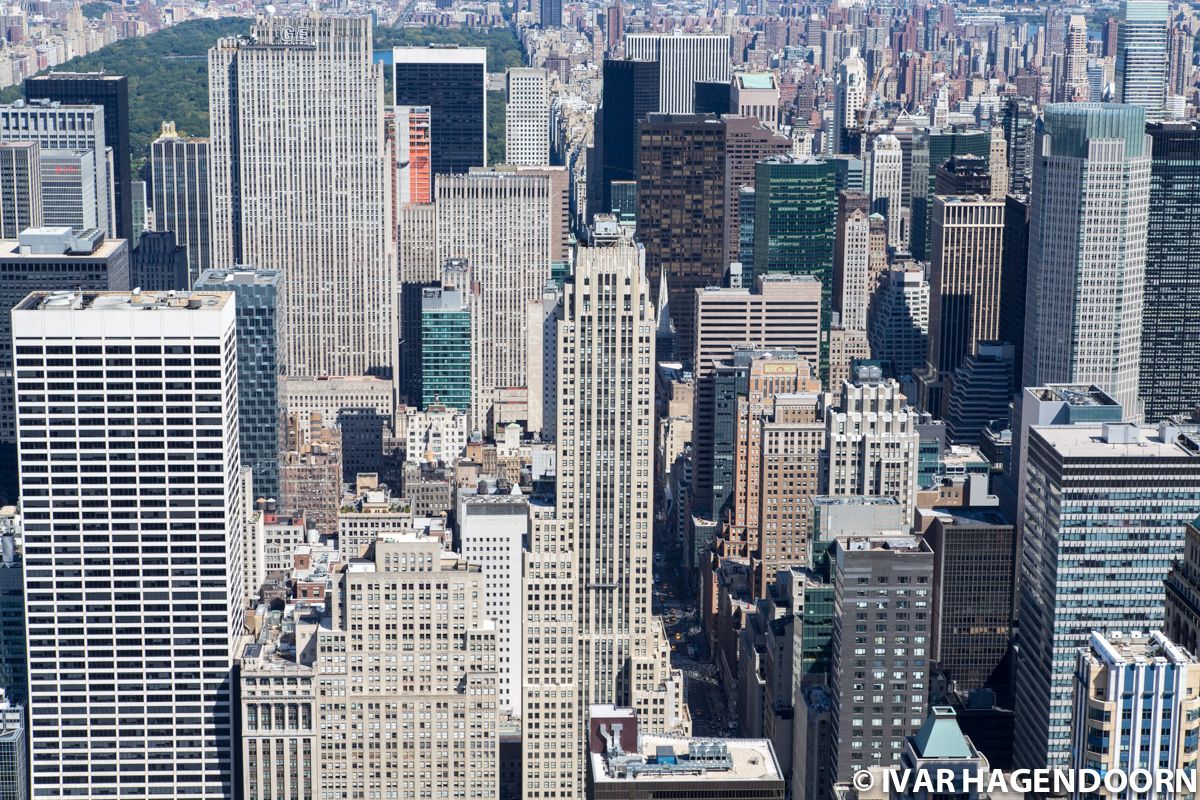
In Triumph of the City Edward Glaeser presents a refreshing analysis of cities. When asked what makes a city most people would refer to the presence of a lot of buildings, but, as Glaeser emphasizes, cities consist first and foremost of people, not buildings. The essence of a city is the physical proximity between people and companies.
The central thesis of Triumph of the City is that cities attract talent, foster competition, allow for social and economic mobility, encourage entrepreneurship and spur innovation by facilitating face-to-face interaction. As a result, as the subtitle of the book says, cities make us richer, smarter, greener, healthier and happier.
People around the world move to cities looking for a better life. While this is true I'm not too sure about Glaeser's claim that people who live in poverty in the slums of Rio de Janeiro and Mumbai are better off than people who live in poverty in rural areas.
Overall I enjoyed reading Triumph of the City and if you're looking for a good introduction to urban economics or a good treatise on urbanization I can highly recommend it. I do have two criticisms though. Firstly, when Glaeser writes about New York he really writes about Manhattan not about Queens or the Bronx and when he writes about Paris he refers to central Paris, not the suburbs of Créteil, Montreuil, Saint-Denis, Nanterre and so on. Secondly, in his praise for cities Glaeser downplays the importance of the countryside that feeds cities and where city dwellers go out on holiday.